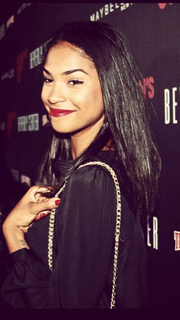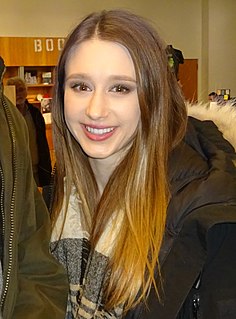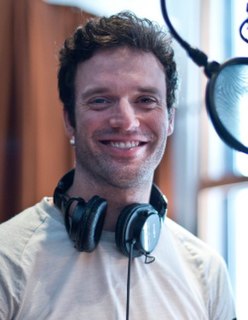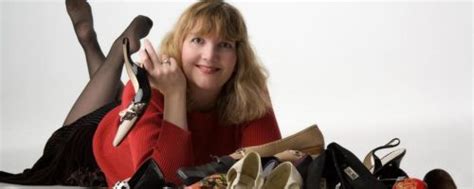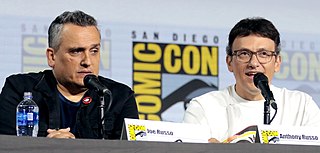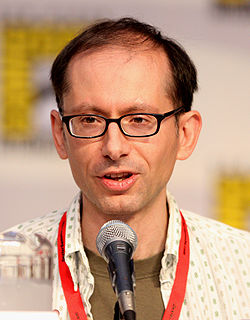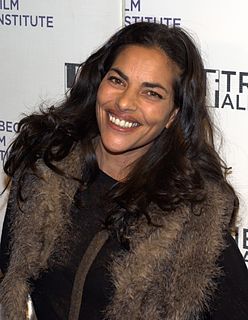A Quote by Mads Mikkelsen
TV is obviously so different from film: because it's a never-ending process, it keeps going; you keep receiving new pages.
Related Quotes
To find money to make a film, you have to write maybe 50 pages to explain what you'd like to do, what the film will be, but everybody lies. Because he doesn't know what the film will be. Everybody writes 50 pages and sends it to a TV channel, a producer, to get money, but everybody lies. Or else your film is not interesting.
Theratre is not like like in film and TV, where you have to stop and go back and keep redoing the same three pages for two hours. You get to go through the whole 80 pages of the script, which is incredible. You get to keep acting on the feelings you had just moments before. You don't have to psych yourself up for the scene. You can just go off what you were already feeling.
I could never be a part of an adaptation of a film where there's pressure to not disappoint the immense fan base. In those cases, they often wind up with filmed books on tape, quite uncinematic. Having said that, I'd say all the adaptations I've done are quite faithful to the original... You have to pick and choose which storylines and plot threads, because you don't have the time to kill in the film as they have in novels. All those pages with detours and plots and different storylines. But films add a lot, and you gotta keep it moving.
I just feel like TV takes more risks than film. Film has gotten very safe: it's very compartmentalized about what type of things will be successful. And whereas in TV, since all these new platforms opened, they're saying to writers, go out there, write the most different show that you can write. Write something that's really original and different.
The first thing I say when people ask what's the difference [between doing TV and film], is that film has an ending and TV doesn't. When I write a film, all I think about is where the thing ends and how to get the audience there. And in television, it can't end. You need the audience to return the next week. It kind of shifts the drive of the story. But I find that more as a writer than as a director.

